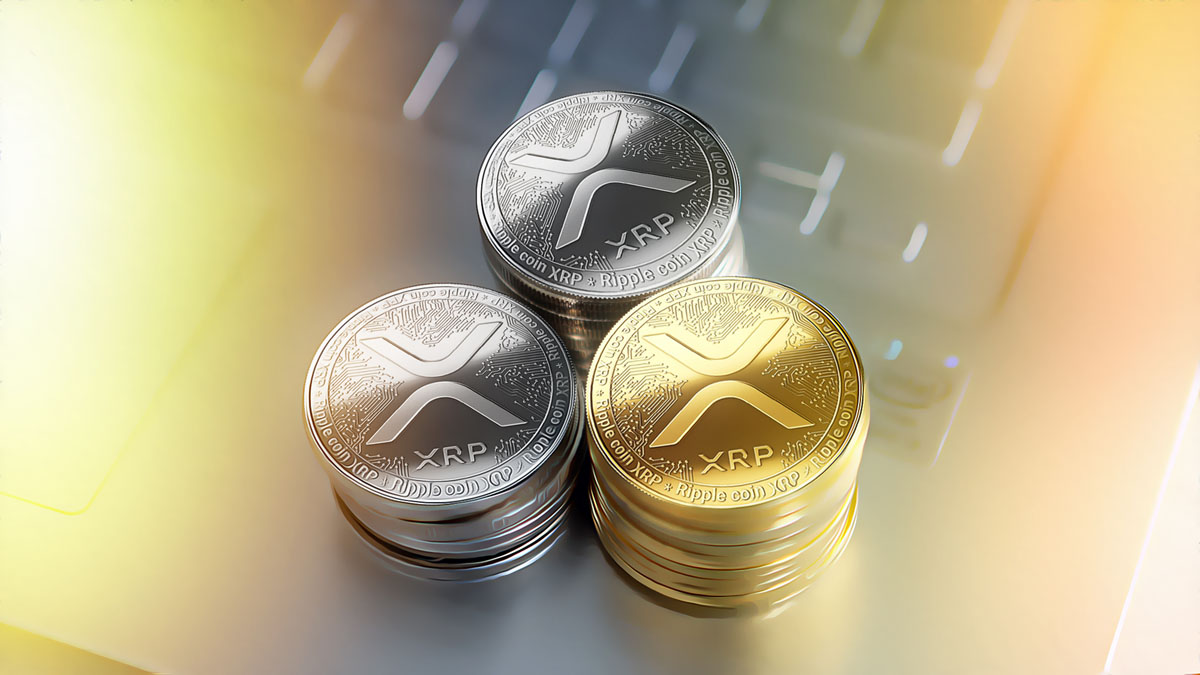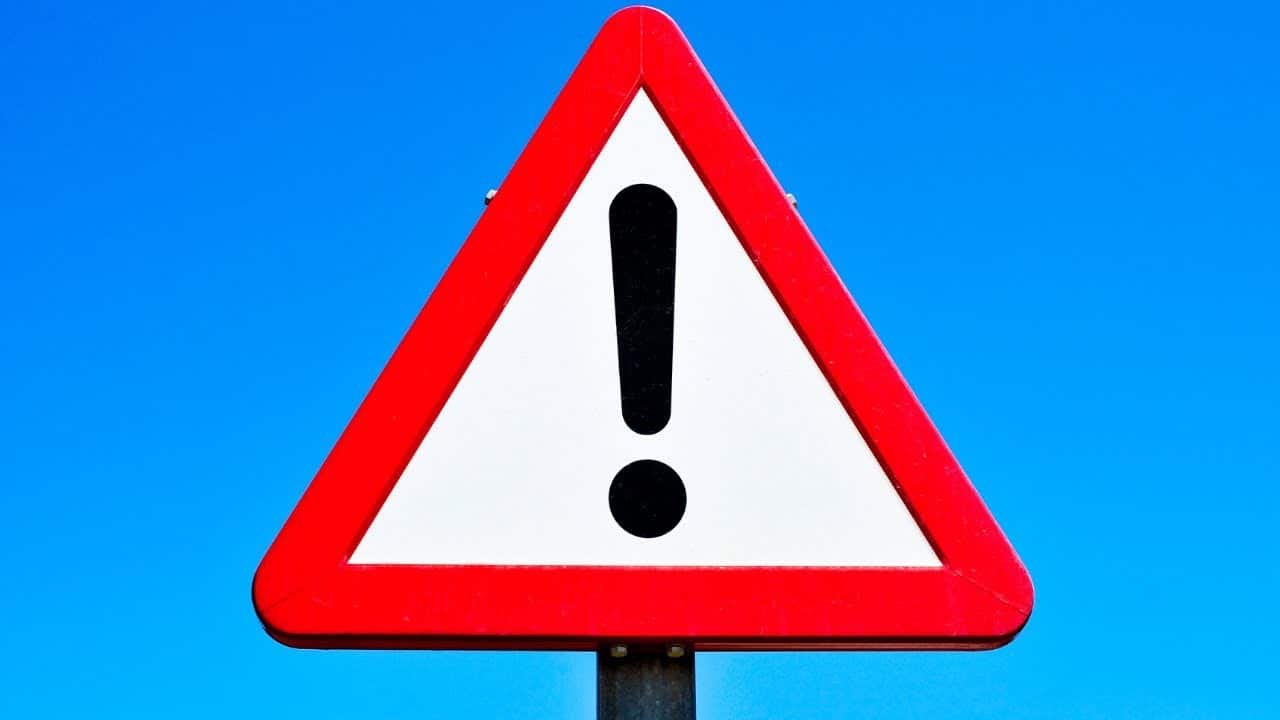 CaryptosHeadlines Media Has Launched Its Native Token CHT.
Airdrop Is Live For Everyone, Claim Instant 5000 CHT Tokens Worth Of $50 USDT.
Join the Airdrop at the official website,
CryptosHeadlinesToken.com
CaryptosHeadlines Media Has Launched Its Native Token CHT.
Airdrop Is Live For Everyone, Claim Instant 5000 CHT Tokens Worth Of $50 USDT.
Join the Airdrop at the official website,
CryptosHeadlinesToken.com

Ripple (XRP) experienced a notable price increase of 10% within the last day, crossing the $2.4 mark. This surge is linked to an overall positive trend in the cryptocurrency market, highlighted by Bitcoin‘s recent peak at over $97,000. The growing speculation regarding the possible adoption of XRP by Japanese banks in the near future has further bolstered confidence among traders.
What Does XRP Adoption Mean for Japanese Banks?
Japanese banks are potentially looking at integrating Ripple’s XRP Ledger into their operations. SBI CEO Yoshitaka Kitao has emphasized the significant advantages of Ripple’s hybrid remittance framework. The combination of the XRP Ledger with the Interledger Protocol (ILP) is designed to streamline cross-border payment processes and alleviate complications associated with currency conversions.
What Are the Implications for XRP Prices?
In recent days, the XRP price soared to $2.38, enjoying a 10% boost. It fluctuated between $2.25 and $2.44, and the overall market recovery saw Ripple’s price rise from $2.03 to beyond $2.4. Analysts identify $2.37 as a key support level, while $3 serves as a significant psychological barrier. A breakthrough above $3 could lead to a target of $3.84, though a decline might see XRP retreat to around $2.
Factors to consider include:
- XRP’s current Relative Strength Index (RSI) is at 67.39, hinting at nearing overbought conditions.
- The adoption of Ripple’s technology by Japanese banks could significantly enhance the capital influx into XRP.
- Ripple’s Ledger is seen as a cost-effective solution for international money transfers.
As Japanese financial institutions begin to embrace Ripple’s technology, it may inspire similar movements in other nations. Given the solid groundwork and increasing support for XRP, its outlook appears notably optimistic.
Disclaimer: The information contained in this article does not constitute investment advice. Investors should be aware that cryptocurrencies carry high volatility and therefore risk, and should conduct their own research.












